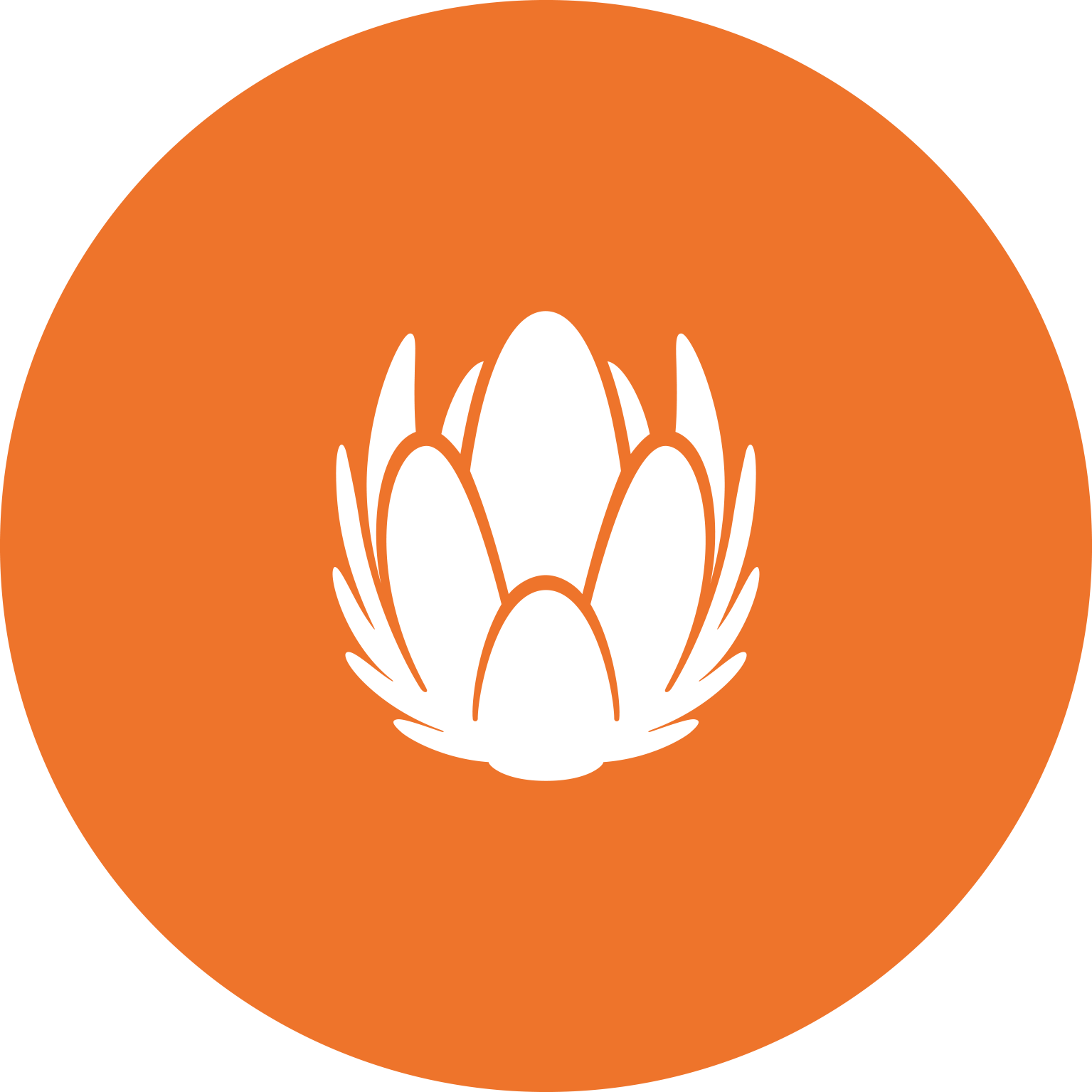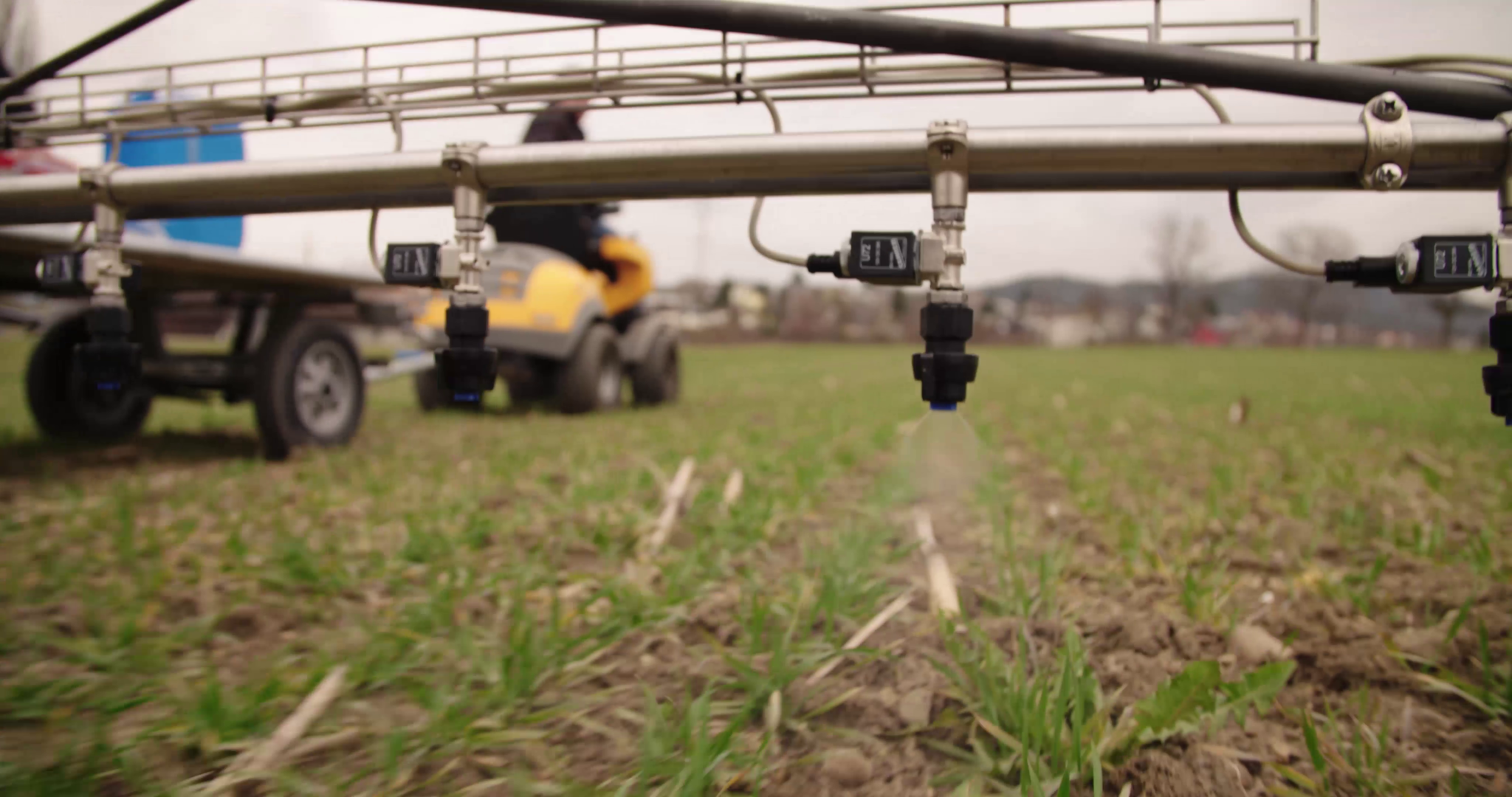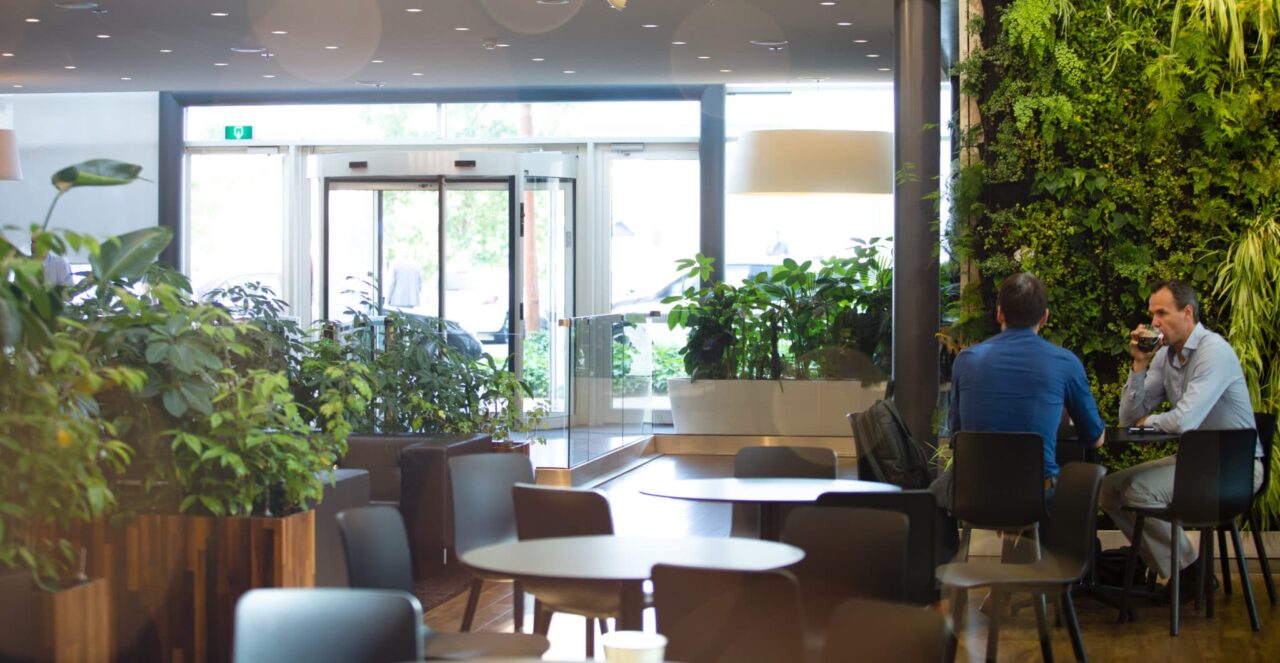Sunrise UPC is joining Agroscope, fenaco, Huawei and the OST (Eastern Switzerland University of Applied Sciences) to pool their expertise to drive 5G-based smart technologies for Swiss agriculture.
The Swiss Innovation Agency (Innosuisse) project revolves around controlling weeds using drones and agricultural robots. In response to this project, the ‘Smart Farming’ division – situated in the Joint Innovation Centre of Sunrise UPC and Huawei – was expanded. This division demonstrates relevant applications and takes technologies aimed at increasing sustainability and efficiency in agriculture, and makes the benefits they provide tangible.
Technological innovations are required to deliver sustainable agriculture. Thanks to low latency times, the transmission of immense data volumes and the high number of simultaneous connections, 5G is able to deliver the ‘Internet of Things’ to make its mark on the field of agriculture. In combination with other smart technologies such as the cloud, big data, artificial intelligence, image recognition, sensor and drone technology as well as robotics and autonomous vehicles, applications are becoming possible that reduce the environmental impact of pesticides, conserve natural resources, improve animal welfare and generate higher yields for farmers – all while helping deliver cost savings.
Innosuisse project: Controlling weeds using drones and agricultural robots
This project focuses on ‘bitter dock’, a species of dock that displaces other plants. The plants are photographed by drone and the data is uploaded to the cloud via 5G data connections. There, they are identified and analysed in real time. The results are played back in the field, where a tractor or agricultural robot is precisely navigated to the weeds via GPS, in order to combat them. Pesticide usage can be reduced by up to 90%. A further developmental step will involve replacing the pesticide with hot water. The use of neural networks and self-learning algorithms is making plant recognition more and more precise. At the same time, this is causing data volumes to increase immensely. The combination of 5G, big data and cloud technology is therefore essential to the success of this innovative project.
Big data and 5G are paving the way for data-based agriculture
Thomas Anken, Head of Digital Production at Agroscope, sees great potential in 5G and data-driven agriculture commented, ‘In the future, the agriculture industry will be a more data based one. When it comes to the central evaluation of decentrally collected data, fast and high-volume data transmission is crucial. In this regard – and also when it comes to controlling and monitoring autonomous devices – good connectivity, which only 5G can provide, is essential.’
Michael Feitknecht, Head of the Plant Production Department and Member of the Management Board at fenaco, adds: ‘The combination of digitization and alternative plant protection is enabling us to create sustainable solutions to the current challenges faced by the agriculture industry. For example, parasitic wasps from fenaco are already protecting 15% of Swiss corn from the European corn borer. 40% of these wasps are sent out via drones. We hope that the Innosuisse project will provide a further boost to digitization within Swiss agriculture and reduce the risks associated with the use of pesticides in our fields.’
Dejan Seatovic, Institute Partner at the ILT Institute for Lab Automation and Mechatronics and Professor of Machine Technology and Innovation at the OST in Rapperswil said, ‘The developments in image recognition and autonomous driving that we are working on will only be practicable with an expansion of 5G infrastructure. We are still in the early stages of developing autonomous, collaborative robotic systems aimed at improving ecology and efficiency. Our goal is the automation and digitization of farm work and processes in order to deliver a sustainable future for Swiss agriculture.’
Alexander Lehrmann, Innovation and Development Leader at Sunrise UPC, explains, ‘With our 5G ecosystem, we are complementing and augmenting farmers’ practical knowledge and many years of experience. We see Sunrise UPC as an ‘Innovation Enabler’ that, in close cooperation with industry experts, examines the possible uses of technologies – and the interplay between them – while designing and implementing integrated solutions. Thanks to an excellent level of cooperation between research units, providers and users, innovation can be driven to the benefit of everyone.’







